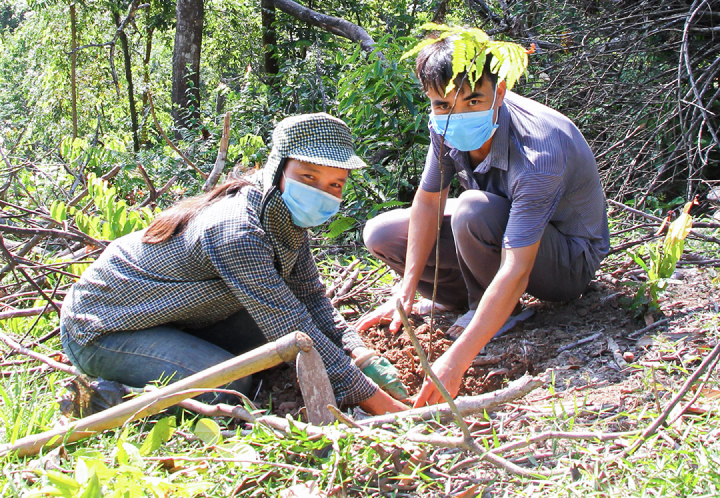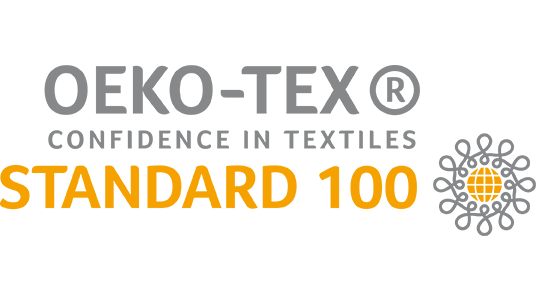The integration of the fabric mill into our value stream establishes Saitex as the most sustainable seed to shelf organization on the planet.
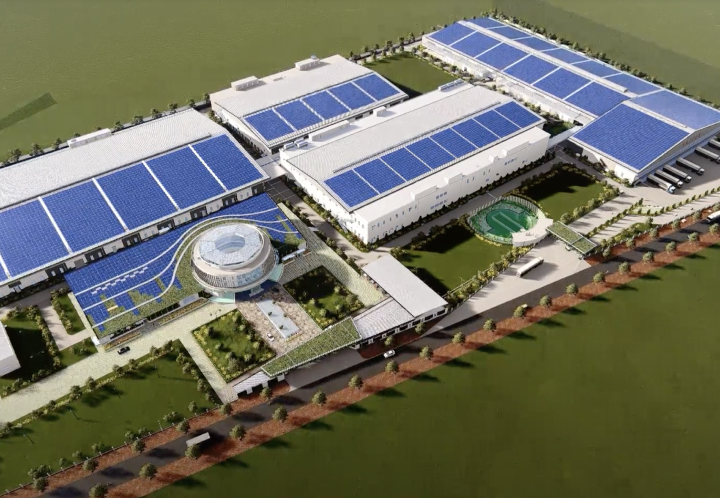
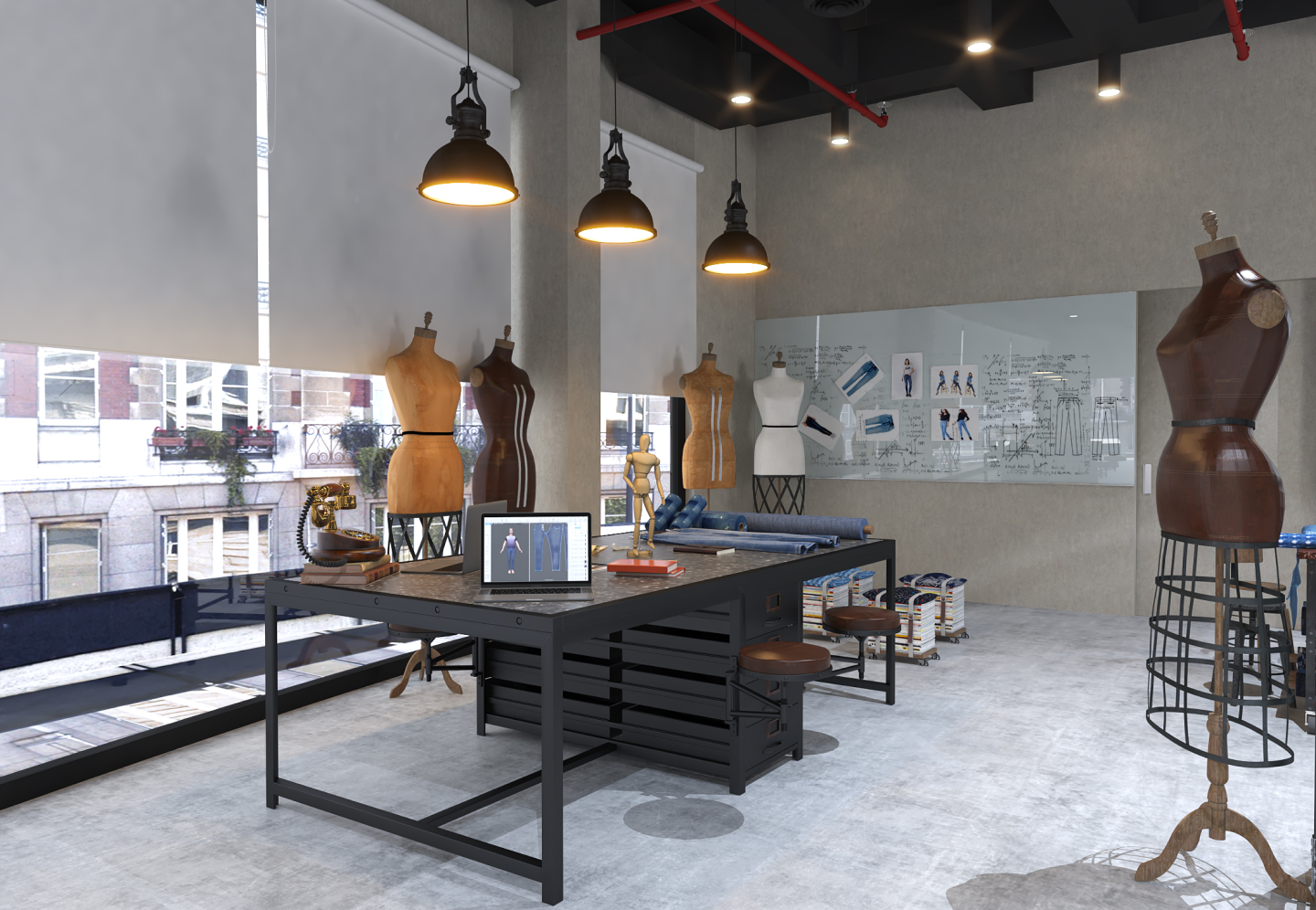
Our PCC as a world-class R&D center, with the capability to create and prototype the first garment samples within the fabric mill.
Providing the full garment production from cutting, sewing, lasering, and washing.
Partnerships with organic and transitioning cotton farmers supply Saitex Mill with raw materials embedded with FibreTrace™ nanotechnology, which is infused to the fiber at the farm level where cotton is ginned.
With ring spinning technology from Toyota, Japan. Roving from Electrojet, Spain. And Winding Savio, Italy. Our spinning capabilities allow the blending of different materials. Allowing us to do combed yarn, slab yarn, siro yarn, compact yarn, dual-core and triple-core.
By using the electro-chemical reduction called the Smart-Indigo™ system by Sedo to develop hydrosulfite-free indigo dye baths in which the yarn is rope dyed. The Smart-Indigo™ system utilizes an electrochemical dye bath preparation that emits 90% less CO2, consumes 70% less energy, and 30% less water where the only waste product is oxygen. All of this while still maintaining high color consistency.
The Mill uses Karl Mayer rope dyeing machines which use less energy to achieve the same result by dipping the rope into fewer dye baths than with standard machines, which translates into a minimum 30% reduction in indigo and chemical usage.
The one hundred sixty rapier looms from Picanol, Italy. Coupled with knotting and drawing in from Groz Beckert, Germany. Allow for high speed precision weaving, and creating the best quality woven fabrics ready for denim and PFD weaving.
From singeing from Osthoff to mercerizing and pad steam from Goller. Pad Batch dyeing from Benninger and fabric tumblering from Pentek. Stentering and sanforizing from Monforts. Our world-class finishing engineering solutions provide excellent quality, performance with limited ecological impact.
Future-proof, our current structure allows us for greater flexibility and capacity to invest into new technologies for future trends.
In our dyeing facilities, while the state of the art machinery allows us to use 30% less water. We also use no freshwater but recycled water in cooperation with the industrial park. This is possible through reverse osmosis and ultrafiltration technology.

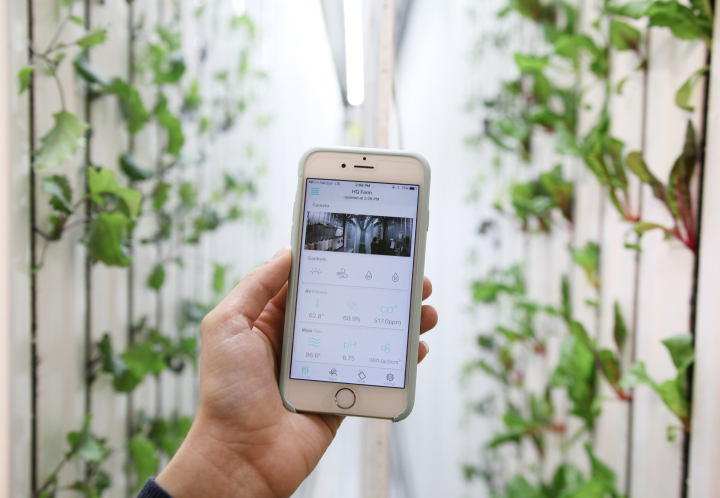
Within the mill compound, a hydroponic farming system and organic farming fields occupy 40% of the space and will produce 6 tons of clean vegetables per year to feed employees and local communities.
6,000 trees were sowed in the industrial park and 50 hectares of mangroves were planted in the country to offset carbon emissions, helping to progress the Saitex Mill towards carbon neutrality by 2025.
